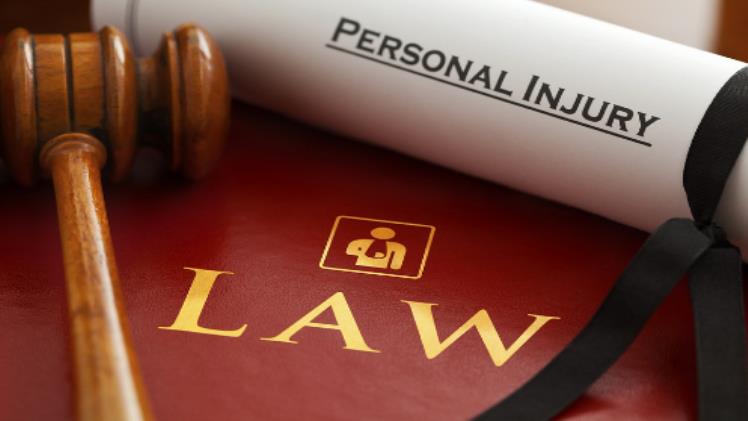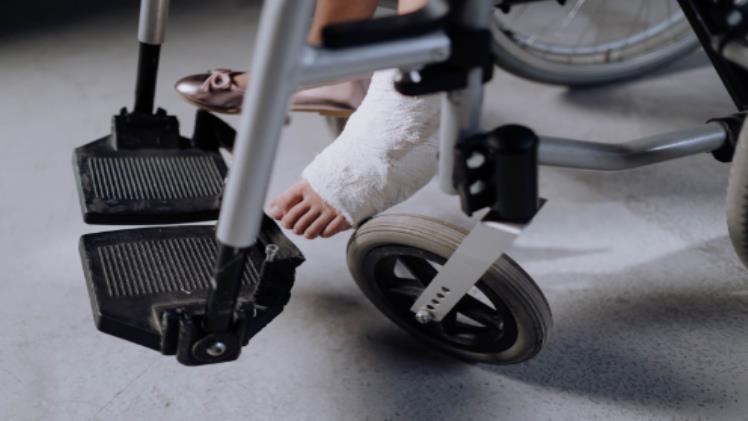Top Considerations Related to Personal Injuries

It’s no doubt that personal injuries are more common than we would like to imagine. And even with all the preventive measures in place, accidents and resultant injuries, still do happen.
One of the immediate steps after an accident that wasn’t your fault is filing a personal injury claim. But before you hire a personal injury lawyer to help you pursue the claim, it’s crucial to understand some of the basics of personal injury law.
In this post, we will discuss top considerations related to personal injuries. These factors are crucial to winning a personal injury claim. But first, the basics.
What are personal injuries?
Personal injuries are physical injuries sustained to a person’s body, mind, or emotions, contrary to property or reputation damage.
There are three grounds for personal injuries claims:
- Negligence — liability under negligence comes from a person’s inability to behave with caution or care
- Strict liability — holds an individual or organization accountable for their actions regardless of their intent or mental state
- Intentional wrongs including assaults, battery, trespass to land, and false imprisonment.
Considerations related to personal injuries
Although personal injuries are primarily associated with bodily harm, they may include emotional trauma or pain and suffering. But before filing a claim, you should be sure that your case falls under personal injury. Here are essential aspects of personal injuries.
Type of personal injury
Personal injury is a broad field that falls into various categories. Therefore, you need to understand the category related to your case when filing a claim. The categories are;
- Auto accident injury. If you sustain injuries from an accident that wasn’t your fault, you’re eligible to file a personal injury claim. Personal injuries resulting from auto accidents are common in the US
- Product liability. Sustaining personal injuries after using a defective product may qualify you for compensation for the injuries
- Medical malpractice. These injuries stem from a doctor’s negligence or inappropriate treatment
- Slip and fall accidents. If you slip and fall on public or private property, you might sustain personal injuries that qualify for compensation. The basis of slip and fall injuries lies in the safety of the environment
- Wrongful death. If an individual dies due to another person’s negligence, the case may be handled under personal injury law. For instance, if you die from an accident at an unmarked construction site, your family is entitled to compensation.
Proof of liability
Do you have solid evidence to prove liability for your personal injuries? Sometimes, proving liability can be difficult. You must have enough evidence showing that another party is responsible for your injuries.
The jury decides on your case based on the type and quality of evidence provided.
The type of evidence will vary based on your case. This includes;
- Police reports
- Eye witness testimonies and statements
- Medical records, including X-rays and MRI scans, that document your injuries
- Videos or photographs of your injuries and the accident scene
Note: Having enough appropriate evidence will strengthen your personal injury claim and compensation possibilities. A personal injury attorney can help you gather sufficient evidence for your case.
Personal injury damages
If you file a personal injury claim and have enough evidence to prove liability, you’ll be compensated based on the damages caused. However, there are various factors that dictate the compensation amount for personal injury.
Some of the damages, costs, and expenses considered under personal injury law include;
- Medical bills. Including costs required for hospitalization, surgery, physical counseling, and therapy
- Pain and suffering. Physical or mental anguish stemming from a personal injury is compensated
- Lost wages. If your personal injuries prevent you from working, you’ll be compensated for the days you’re unable to work
- Emotional trauma. Includes psychological effects like Post Traumatic Stress Disorder (PTSD) and depression
Filing deadlines
Depending on your state, you’ll have a specified period within which you must file your personal injury claim. Claims made past the deadline may not be compensated.
However, there are special instances when you can file a personal injury claim past the deadlines.
For instance, if you are mentally incapacitated or unable to file a claim due to your poor health, the courts might review your case and give you a chance to present your claims.
However, starting your claims process immediately after sustaining personal injuries is always best. Your personal injury lawyer can complete the process on your behalf.
Final thoughts on considerations related to personal injuries
Personal injury is a broad field. Therefore, completing the legal aspects of your personal injury case can be challenging at times.
Understanding the top considerations related to personal injuries can help you strengthen your case when filing a claim. Some factors considered are the type of personal injury, proof of liability, and personal injury damages. In addition, working with a personal injury law firm can increase your compensation possibilities.




